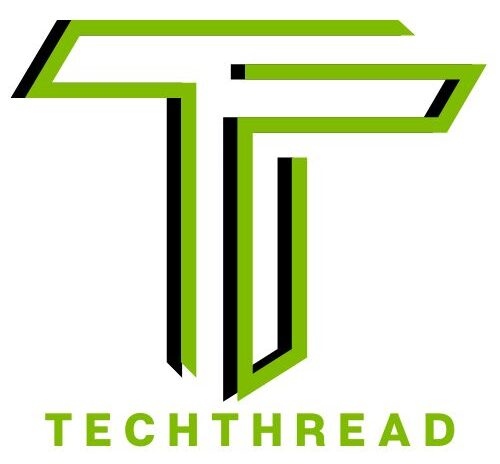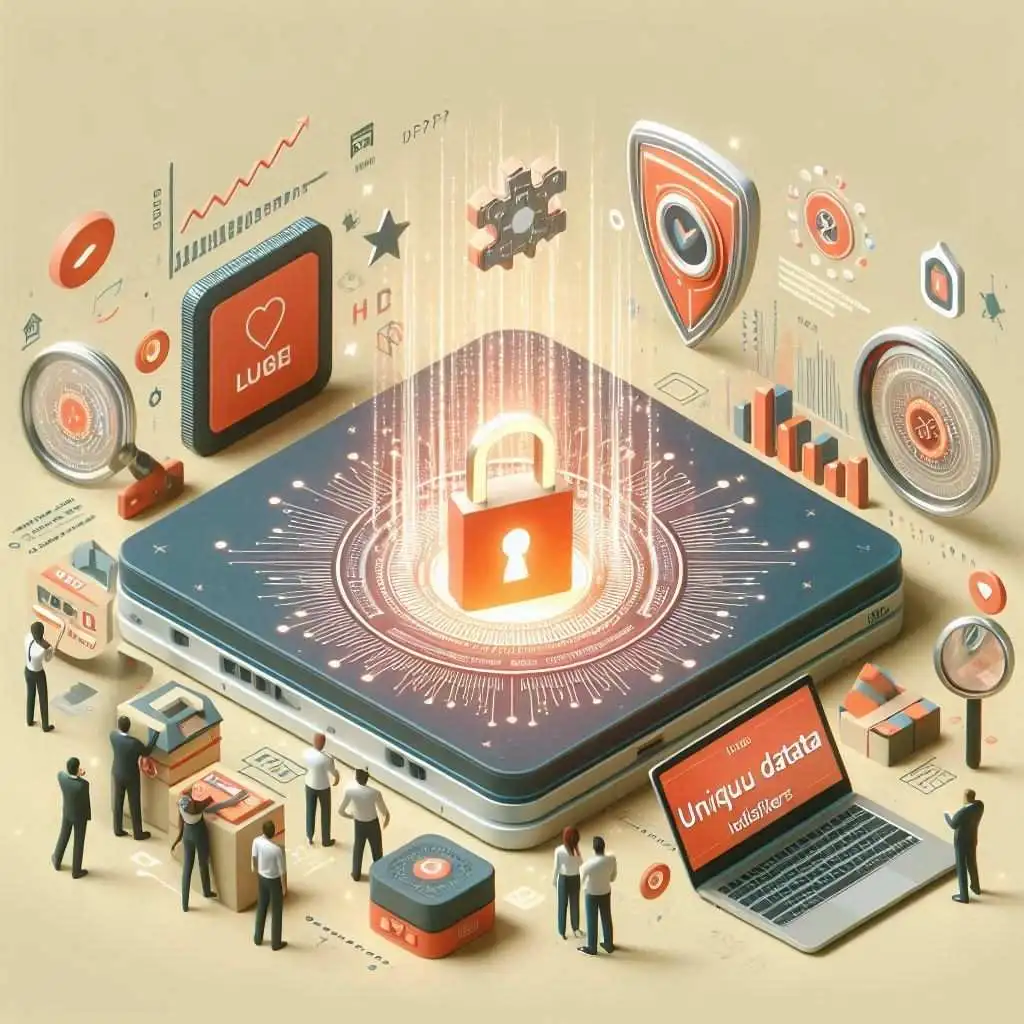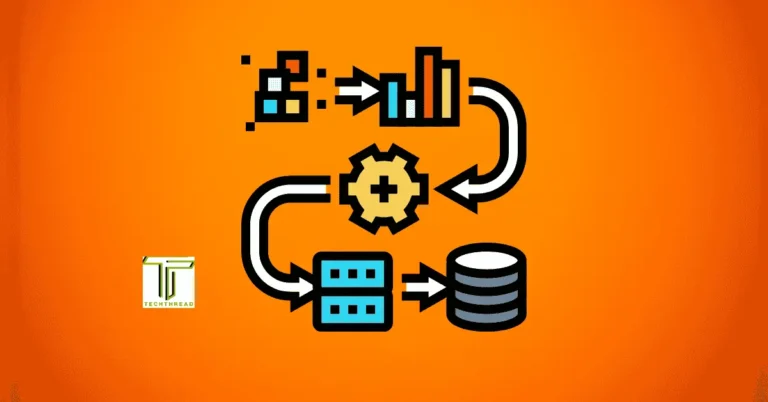BE78N-S7J-E: The Importance of Unique Identifiers in Modern Databases
Managing large volumes of data accurately is one of the biggest challenges businesses face today. Fragmented systems, duplicate records, and inefficient data tracking can lead to costly errors and delays. Without a proper system for organizing and identifying records, businesses struggle with inaccurate reporting and compliance issues.
A unique data identifier like BE78N-S7J-E provides a structured way to label and track data. It eliminates duplication, ensures seamless system integration, and enhances overall data accuracy.
In this blog, we’ll explore the importance of unique data identifiers, how BE78N-S7J-E works, and its practical applications across various industries. By the end, you’ll understand how leveraging unique identifiers can streamline operations, improve decision-making, and ensure data integrity.
Trending: VHSGJQM Framework: Unlock Business Efficiency & Growth
What Are Unique Data Identifiers?
A unique data identifier (UDI) is a distinct code assigned to a data entry to differentiate it from others. These identifiers prevent duplication, facilitate easy tracking, and improve database management.
Key Characteristics of Unique Data Identifiers:
- Uniqueness – Each identifier is exclusive to a single data entry.
- Consistency – Standardized format for better organization.
- Scalability – Adaptable to large and small data sets.
- Interoperability – Works across different systems and platforms.
- Security – Protects data integrity and minimizes unauthorized modifications.
For example, in an e-commerce business, each product has a Stock Keeping Unit (SKU), a type of unique identifier that prevents inventory mismanagement. Similarly, healthcare systems assign unique patient IDs to avoid medical record mix-ups.
How BE78N-S7J-E Improves Data Management
Unique identifiers like BE78N-S7J-E bring structure and efficiency to data management by:
1. Preventing Duplicate Entries
Databases often suffer from duplicate records, which lead to inconsistencies. BE78N-S7J-E ensures that every record has a distinct code, eliminating redundancy and improving database accuracy.
2. Enhancing System Integration
When different software tools interact, they require a common reference for data consistency. BE78N-S7J-E allows seamless integration between CRMs, ERPs, and other management systems, preventing data fragmentation.
3. Improving Data Retrieval Efficiency
Instead of relying on vague descriptions, systems can instantly locate specific records using unique identifiers. This is particularly useful in logistics, where tracking a shipment accurately depends on a unique reference number.
4. Ensuring Regulatory Compliance
Industries such as healthcare and finance require precise record-keeping for legal and regulatory compliance. Unique identifiers ensure that each record is accounted for and easily accessible for audits.
Real-World Applications of BE78N-S7J-E
1. Healthcare: Patient Records Management
Hospitals deal with thousands of patient records daily. Without a proper identification system, mix-ups can lead to severe consequences. Electronic Health Records (EHRs) use unique identifiers like BE78N-S7J-E to ensure accurate patient history tracking.
2. Finance: Secure Transaction Processing
Banks and financial institutions rely on unique identifiers to track transactions, prevent fraud, and maintain security. Every transaction is assigned a unique reference ID, reducing errors and ensuring audit trail accuracy.
3. E-Commerce: Inventory & Order Tracking
Online businesses assign unique product and order IDs to track inventory, shipping, and returns efficiently. This prevents mismanagement and ensures customers receive the correct products.
4. IT & Software: Database Optimization
Software applications use unique identifiers to differentiate users, sessions, and data entries. This ensures smooth system operation and prevents data corruption.
5. Logistics: Supply Chain Coordination
Shipment tracking relies on unique identifiers to monitor packages in real time. Couriers use unique tracking codes like BE78N-S7J-E to streamline delivery processes and reduce errors.
Challenges & Future of Unique Identifiers
While unique identifiers improve efficiency, they also present challenges:
- Scalability Issues – As businesses grow, ensuring unique identifiers remain consistent across expanding datasets requires careful planning.
- Interoperability Concerns – Legacy systems may not always support modern identifier formats, leading to integration difficulties.
- Security Risks – Data breaches can expose sensitive identifiers. Organizations must use encryption and authentication measures to secure their systems.
Future Trends in Unique Identifiers
The future of unique data identifiers lies in advanced technologies like:
- Blockchain – Enhancing security and traceability through decentralized data management.
- AI & Machine Learning – Improving error detection and data categorization.
- Standardization Efforts – Creating industry-wide frameworks to ensure consistent identifier usage across platforms.
Frequently Asked Questions
Q: What is BE78N-S7J-E?
A: BE78N-S7J-E is a unique data identifier used to distinguish records in a database, ensuring accuracy and preventing duplication.
Q: How do unique identifiers improve business efficiency?
A: They streamline data management, enhance system integration, and improve data retrieval processes, leading to better decision-making.
Q: Can BE78N-S7J-E be applied to small businesses?
A: Yes, unique identifiers help businesses of all sizes manage data efficiently, whether tracking inventory, transactions, or customer records.
Q: What industries benefit from unique identifiers?
A: Healthcare, finance, IT, logistics, and e-commerce are among the industries that rely on unique identifiers for operational efficiency.
Q: How can businesses secure their unique identifiers?
A: By implementing encryption, access controls, and regular audits, businesses can protect identifiers from unauthorized access and misuse.
By implementing BE78N-S7J-E or similar unique data identifiers, businesses can eliminate inefficiencies and enhance data management for long-term success.
Conclusion
Unique identifiers like BE78N-S7J-E play a crucial role in managing data effectively. From preventing duplication to streamlining system integration, their benefits span across industries such as healthcare, finance, logistics, and IT.
Adopting structured identification methods ensures accuracy, enhances security, and simplifies data retrieval. As businesses continue to digitize, the importance of unique identifiers will only grow, making them an essential component of modern data management.
Take Action
If your business struggles with disorganized data, consider implementing a unique identifier system. Start by auditing your current database structure and integrating standardized identification methods. Doing so will improve efficiency, enhance security, and position your organization for future growth.







